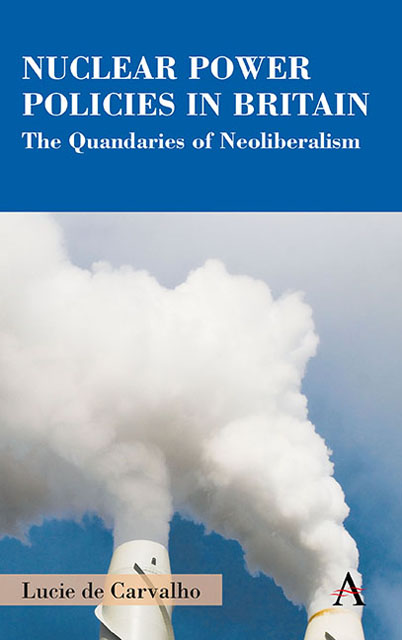Chapter Six - The State and Energy Markets: Neoliberal Interventionism in Market Regulation
Published online by Cambridge University Press: 10 January 2023
Summary
This chapter covers another pillar of policy implementation: the economic and financial facets of market regulation (1989–2016). According to Christopher Hood's taxonomy, the allocation of financial resources, or treasure in its restricted meaning, is one of the four key instruments of state leadership capacity. Over the past thirty years, this economic incentive mechanism has undergone major changes. As previously stated, governance literature has extensively demonstrated how privatisation and deregulation policies substantially eroded states’ capacity to influence markets, which gained control over public services to steer industrial strategy as per the much fashionable mantra of ‘markets know best’. In turn, states have mainly acted to facilitate market expansion in a new neoliberal paradigm that US constitutional theorist Philip Bobbitt had already dubbed ‘market state’ in 1989, subsequent to ‘the age of the nation-state’. Much has been written in state theory throughout the 1990s-early 2000s on how market states have thus sought to pursued a two-pronged mission to defend consumers’ interests while maximising markets’ economic opportunities through deregulation, subcontracting and outsourcing for service-providing activities. The state has thus adopted market practices while retreating from financial and economic circles to take on a role of market steerer through loose regulation, becoming a ‘regulatory state’.
These dynamics no doubt throve in the UK context and did not fail to affect the domestic electricity sector through the 1989 Electricity Act. In practice however, and as opposed to what is commonly assumed when referring to classical neoliberal theories, privatisation and deregulation did not equate the end of state financial support to the electricity industry. The first botched attempts to privatisation the UK nuclear sector between 1987 and 1989 had unearthed deep-rooted economic weaknesses that made the industry not competitive enough to stand on its own two feet in the future privatised energy sector. To straighten out the financial records of what later became British Energy, the Major government embraced several indirect interventionist economic mechanisms to prop up the economically unsound nuclear industry, taking advantage of the new international environmental imperatives to sanction polluting fossil fuels as discussed in Chapter Five. It would nonetheless be under the subsequent Labour government, by 2000, that these forms of indirect economic support would be phased out. Paradoxically enough, the erosion of state financial interventionism in the nuclear sector coincided with the general revival in interest for the new nuclear build project.
- Type
- Chapter
- Information
- Nuclear Power Policies in BritainThe Quandaries of Neoliberalism, pp. 179 - 206Publisher: Anthem PressPrint publication year: 2022

